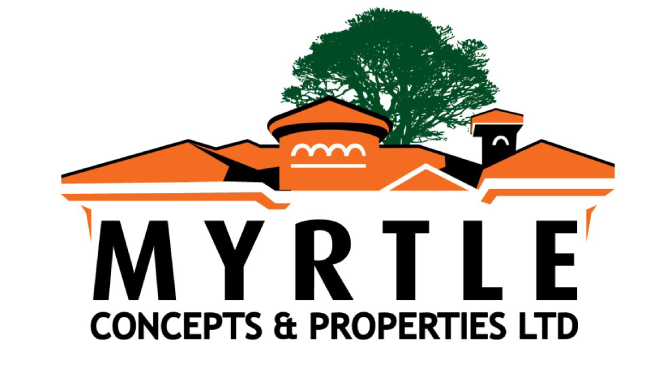
The Real Estate sector is continuously advancing in Uganda with various developments emerging on a daily basis. From early 2000’s, the real estate market has been dependent on brokers/real estate agents for every property transaction to take place. However, the days of a broker are numbered in the Real Estate Market in Uganda. This is attributed to the digital revolution in the fourth Industrial Revolution (4IR) / Industry 4.0.
The world has been advancing from the first Industrial Revolution that marked a transition from hand production to machines with water and stream power. The Second used electric power for mass production. The Third used electronics and information technology to automate production. Now the Fourth Industrial Revolution is building on the Third, to create a digital revolution that is more than just technology-driven change. (Integration of Fintech, Prop tech, Smart Cities and Shared Economies).
The worldwide spread of covid19 accelerated technological adoption in the real estate sector. In this period, majority of the real estate firms in Kampala city and beyond acquired websites and social media platforms to enhance their operations and visibility on the market.
When compared with previous industrial revolutions, the Fourth industrial revolution is evolving at an exponential rate transforming entire systems of production, management, and governance. The possibilities of billions of people connected by mobile devices, with unprecedented processing power, storage capacity, and access to knowledge, are unlimited. These possibilities will be multiplied by emerging technology breakthroughs in fields such as artificial intelligence, the Internet of Things, 3-D printing among others. This technology is transforming the way real estate business is carried out.
Can we embrace Industry 4.0?
The real estate sector in Uganda is already developing with new technological transformations taking place. A common element is a smartphone that is multi-functional in nature. A report issued by Statista research department (August 2022), indicates that the number of smartphones registered in Uganda has grown steadily from 4.57million in Q1 2018 to almost 8million in Q4 2020. It further provides that the numbers of people acquiring smart phones are increasing on a daily basis due to the changing trends. However, this is just a starting point for Industry 4.0 in the Real Estate Market.
Smart homes are on the market. They provide the ability to control an entire apartment with a single click on the smart phone or tablet. This eases the way of life as homeowners have the ability to control appliances such as lights, refrigerators, curtains, installed cameras and any other devices anytime. Furthermore, they provide limitless real-time monitoring of everything happening at the property conveniently and cost effectively.
Virtual reality (VR) is no longer a myth in Uganda but a reality. This technology can be used to inspect properties by immersing the user in a virtual three-dimensional environment. Buyers can click on bedrooms, the kitchen, bathrooms to give them a clear 3D view of each room, this has not only enhanced the marketing environment but also used it as form of sourcing for property development financing, as developers are able to sell/let properties virtually and in the long run acquire finances to develop the properties physically.
Drones are easing property inspections. They cover a wide spectrum of elements on the property. For instance, while inspecting 300 acres of land in Walusubi-Mukono, two drones were deployed in opposite directions and they captured a clear view of the land as we negotiated with the landowners on other terms.
Alternative construction Techniques. Traditionally, the Construction process has been dominated by use of brick and mortar to erect buildings of every nature and style. However, construction technologies are evolving as evidenced with the introduction of newer construction methods with a longer life span compared to the already existing ones. These include 3-D Printing Homes, Precast Flat Panel Modules for instance the BAAJ apartments on Mutungo Hill. Every element of the real estate sector is evolving to match market.
Data Management Systems. In the property sector, Real Estate Companies are developing automated data management systems for property management and maintenance. On the other hand, the Government has invested in the Land Management System (LIS) and the Electronic Fiscal Receipting and Invoicing System (EFRIS), these capture data during the land registration process and when filing tax returns respectively. All these are in line with industry 4.0.
Why do we care about industry 4.0?
- It touches everything in our day to day lives.
- It integrates digital & physical worlds. Therefore, we cannot afford to be left behind.
- It is not only about how we build and maintain the buildings but also how we grow revenue in a sustainable way.
In conclusion, to cope up with the changing trends in the real estate sector, it is vital to embrace the fourth Industrial revolution to mitigate the adverse effects of technological advancement.

